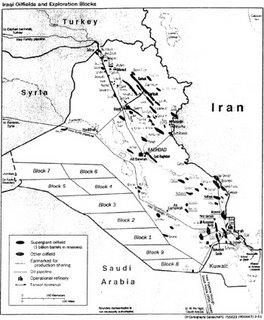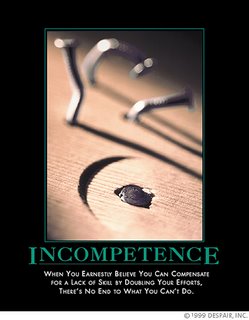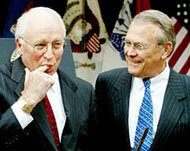


Greenwich Village is a fun place to be tonight. The streets are filled with costume-crafters milling around, some people in incredibly ingenious and ungainly rigs, so crowded that if you can hole up by the window in a restaurant or bar it's the only good way to take in the sights. One year I saw a giant glowing bug attack Manhattan. It was mounted on five or six bicycles. They just keep on coming, and remember, the next troll you see on the subway could be me. Here's the next-best thing to being there in Greenwich tonight, as seen through Lou Reed's eyes (from his album 'New York'):
There's a downtown fairy singin' out 'Proud Mary'
as she cruises Christopher Street
And some Southern queen is acting loud and mean
where the docks and the Badlands meet
This Halloween is something to be sure
Especially to be here without you
There's a Greta Garbo and an Alfred Hitchcock
and some black Jamaican stud
There's five Cinderellas and some leather drags
I almost fell into my mug
There's a Crawford, Davis and a tacky Cary Grant
And some homeboys lookin' for trouble down here from the Bronx
But there ain't no Hairy and no Virgin Mary
you won't hear those voices again
And Johnny Rio and Rotten Rita...
you'll never see those faces again!
This Halloween is something to be sure
Especially to be here without you
There's the Born Again Losers and the Lavender Boozers
and some crack team from Washington Heights
The boys from Avenue B, the girls from Avenue D
a Tinkerbell, in tights.
This celebration's somehow got me down
Especially when I see you're not around
There's no Peter Pedantic saying things romantic
In Latin, Greek or Spic
There's no Three bananas or Brandy Alexander
Dishing all their tricks
It's a different feeling that I have today
Especially when I know you've gone away
There's a girl from Soho with a tee-shirt saying "I Blow"
She's with the "Jive Five 2 plus 3"
And the girls for pay dates are giving cut rates
Or else doin' it for free
The past keeps knock-knock-knocking on my door
And I don't want to hear it anymore
No consolations please, for feelin' funky
I got to get my head above my knees
But it makes me mad and mad makes me sad
And then I start to freeze
In the back of my mind, I was afraid it might be true
In the back of my mind, I was afraid that they meant you
Bah, bah, bye, the Halloween Parade
At the Halloween parade
At the Halloween parade
See you next year - at the Halloween parade!


























